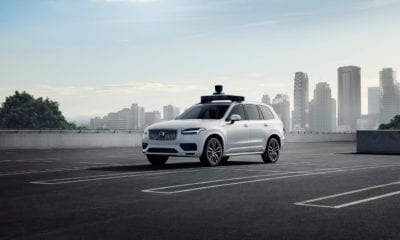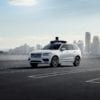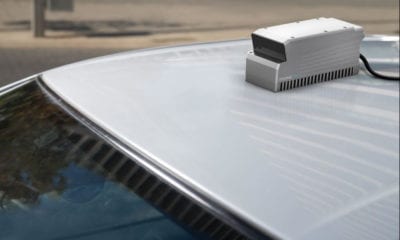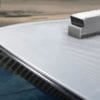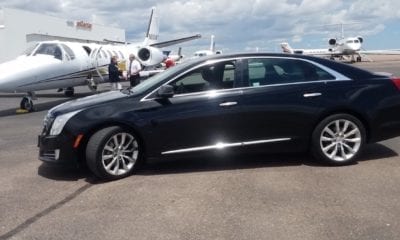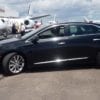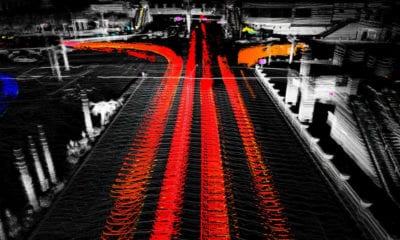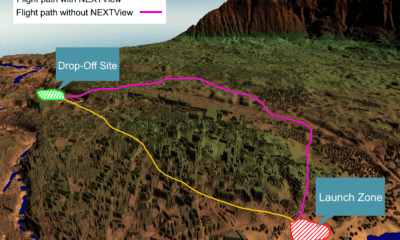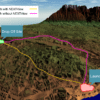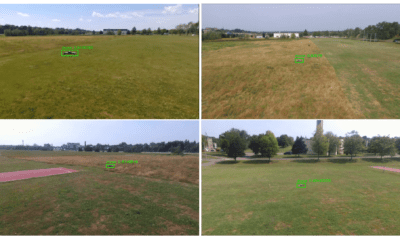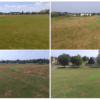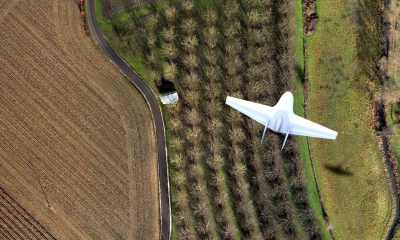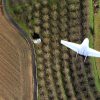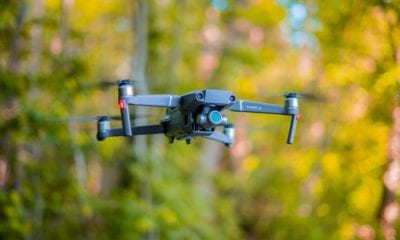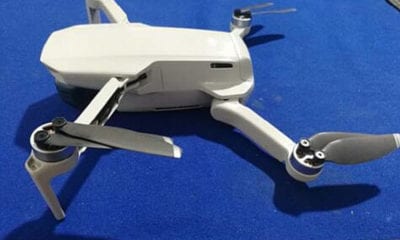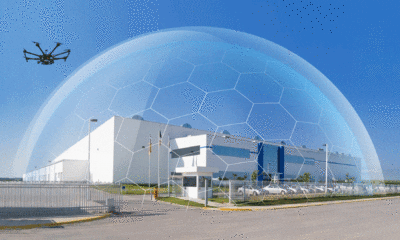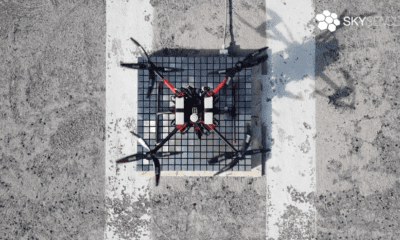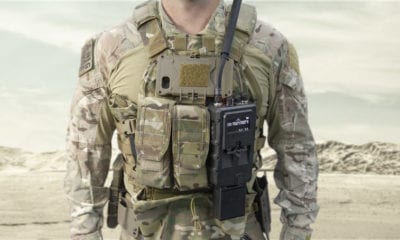AI
Concerns Over Tesla’s ‘Self-Driving’ Add-On
Tesla’s announcement of its cars with the option of “full self-driving capability,” has invited criticism from experts on self-driving technology.
Tesla announced the $35,000 Model 3 recently and simultaneously declared an optional $5,000 feature: full self-driving capability. According to Tesla’s website the system will offer “automatic driving on city streets” as an update later this year.
As per the fine print on Tesla’s order page a Tesla spokeswoman reiterated that the currently enabled features require “active” driver supervision and do not make the vehicle autonomous.
Experts say Tesla’s “full self-driving” feature is in reality a partial self-driving feature for handling minor driving tasks such as keeping pace with other cars on a highway and does require diligent human supervision. However, the classical meaning of autonomous vehicle for experts is a “full self-driving” car in which a person could safely fall asleep behind the wheel.
Michael Fleming CEO of the self-driving technology company Torc Robotics, with 12 years of experience in the self-driving vehicles segment views Tesla’s current products as mere driver-assist systems.
Fleming said, “Fully self-driving makes for a great headline, but there are a lot of additional questions autonomous vehicle providers need to disclose in order to properly educate the customer.”
A different version of fully self driving being propagated by the Self-Driving Coalition for Safer Streets, a group that lobbies on behalf of some of the largest companies competing in the autonomous driving space, such as Waymo, Volvo, Ford, Lyft and Uber is- ‘those that don’t require a human to take control in a given area, such as a city’.
The general public doesn’t understand this according to experts. A 2018 study found that 71% of drivers believed they could purchase a self-driving car today, despite non availability of a fully autonomous vehicle! Experts warn that this lack of understanding could be deadly as humans may put too much trust in systems like Tesla’s, leading to crashes.
Dean Pomerleau, of Carnegie Mellon University, who in 1995 drove a minivan that steered itself across the country, told CNN Business, “Claiming its vehicles will soon be ‘feature complete’ for full self-driving is one more step in the unconscionable practices that Tesla is already engaged in with Autopilot — overselling its capabilities and reliability when marketing its vehicles and then blaming the driver for not reading the manual and paying constant attention when the technology inevitably fails.”
A “level 4” vehicle as per the complicated five-point scale of automation of the US Department of Transportation and Society of Automotive Engineers is the point on the scale where self-driving begins, implies a car that can drive itself in a set area, such as a city, without any human intervention.
Governing bodies have not yet standardized a definition for ‘self-driving’ vehicles and therefore the government needs to step in to prevent businesses from misleading and confusing consumers.


